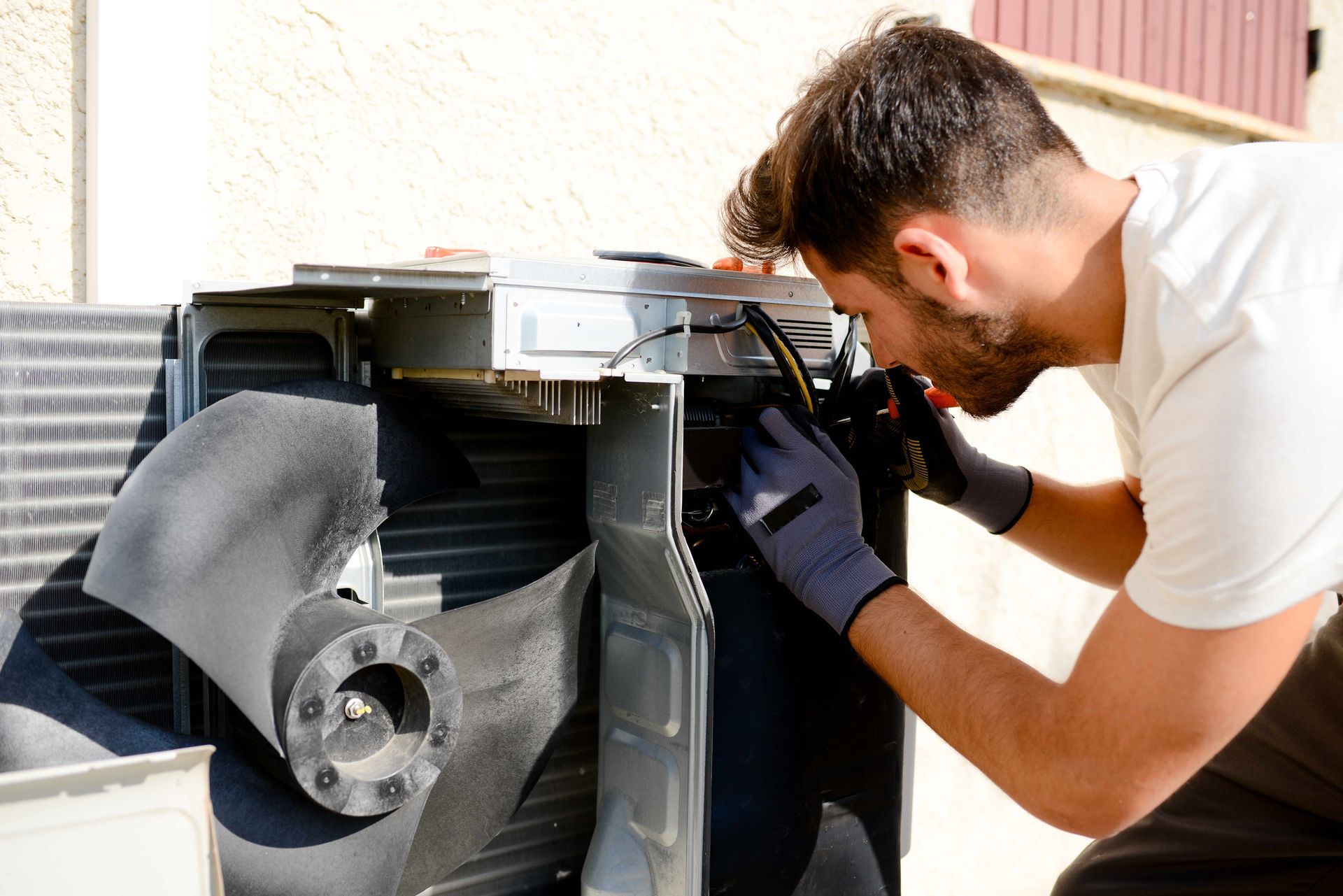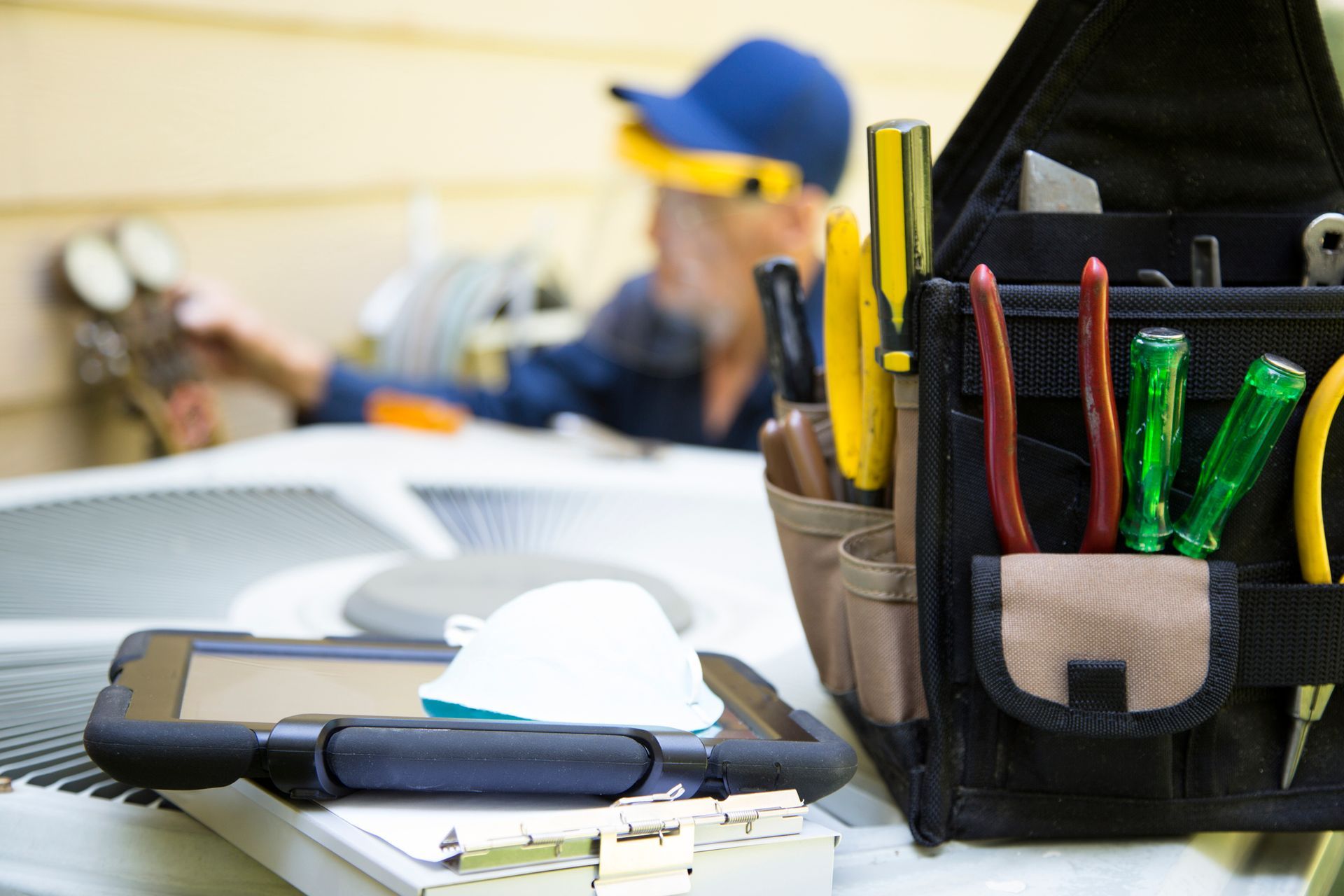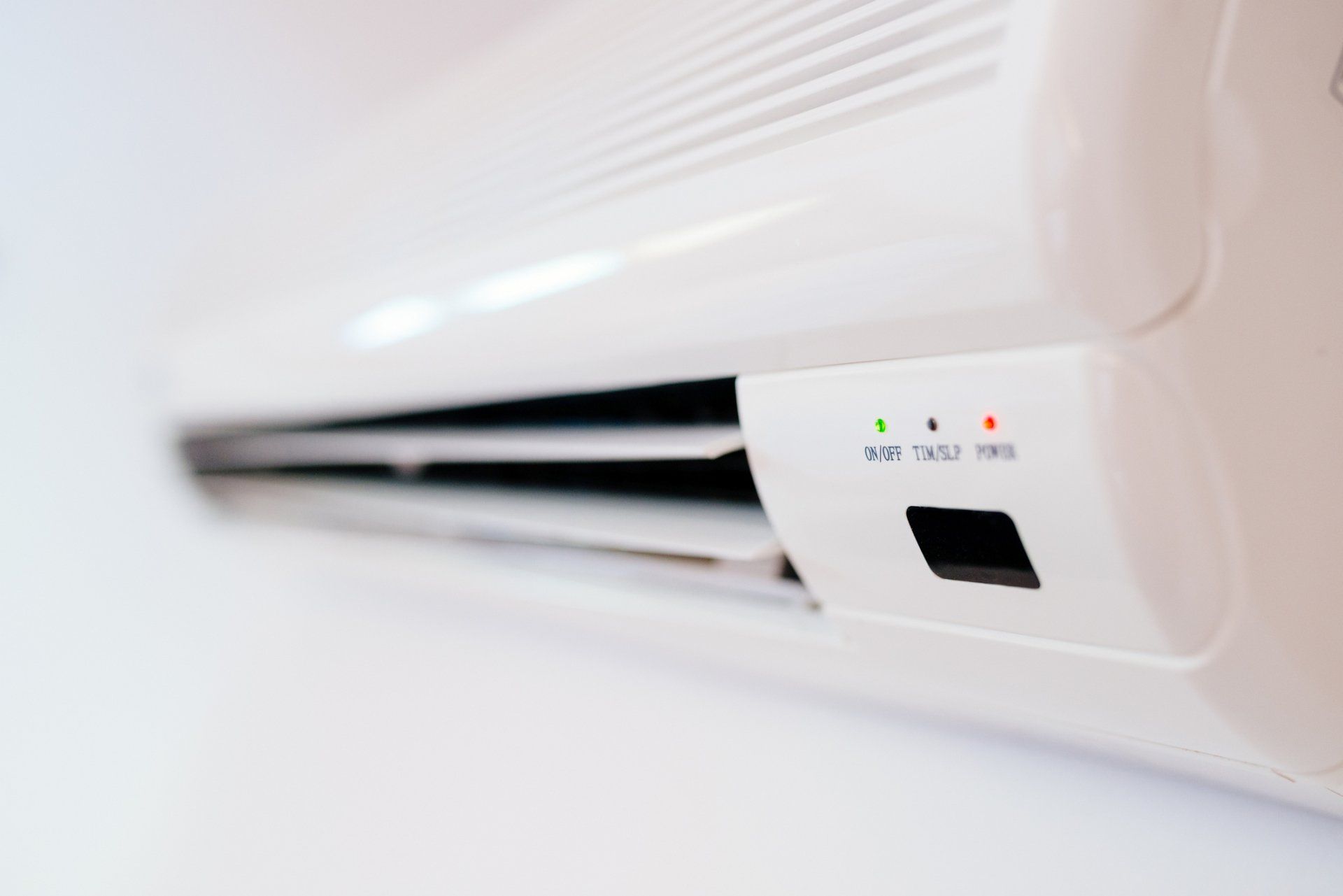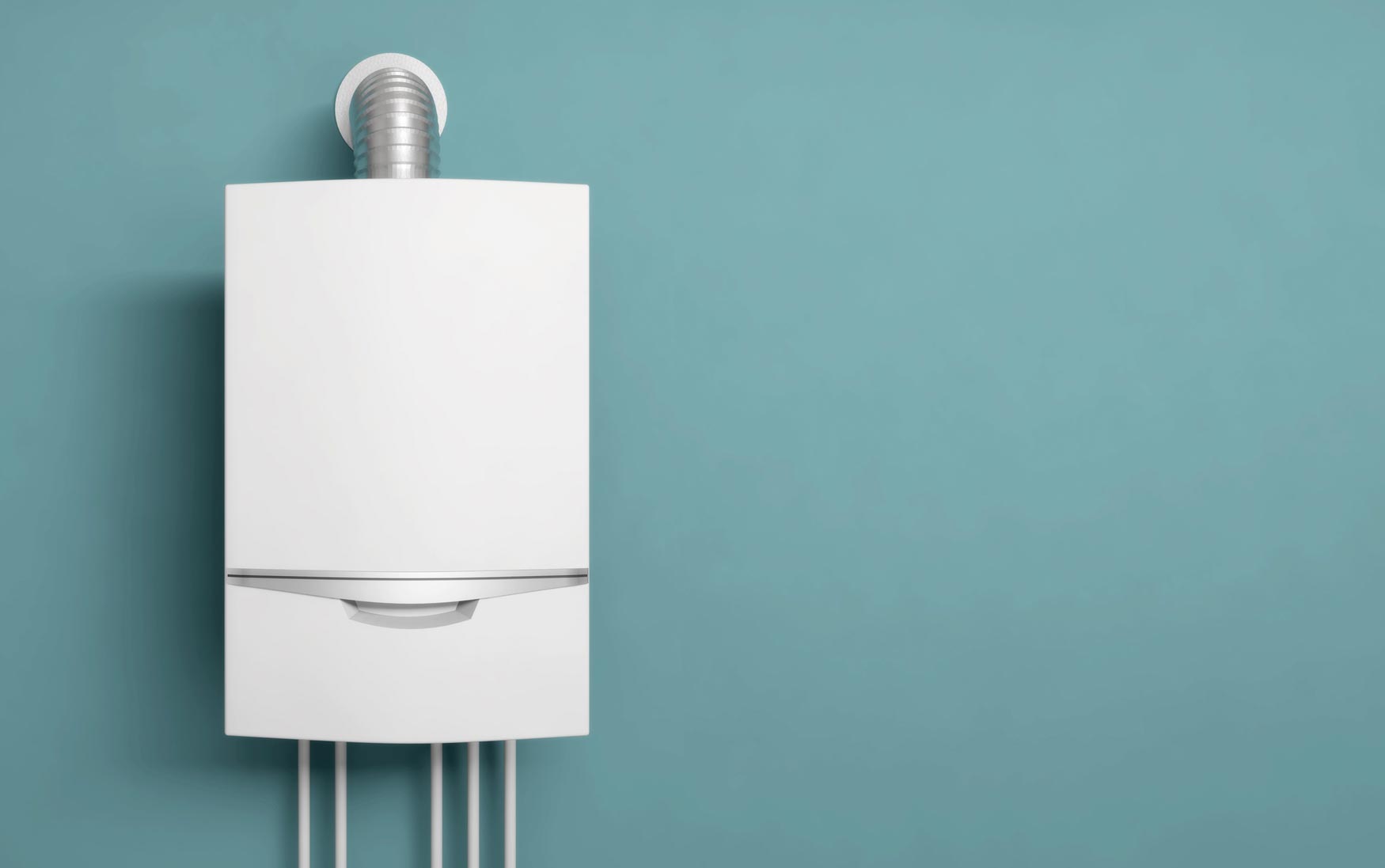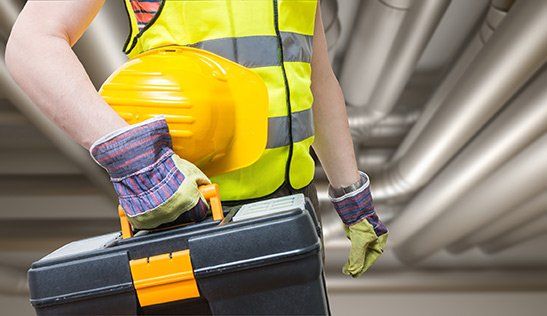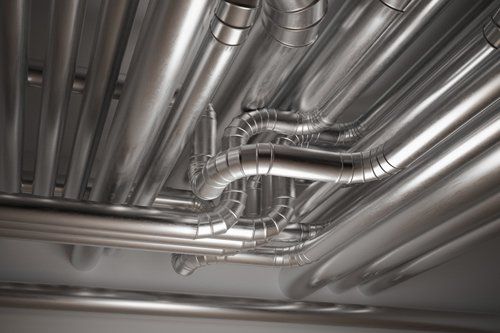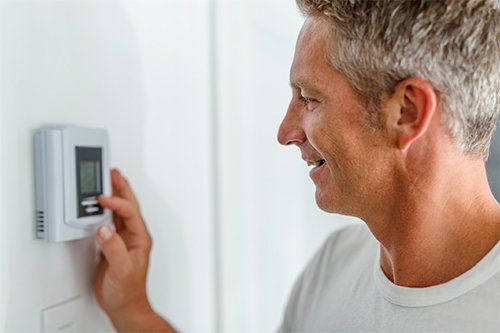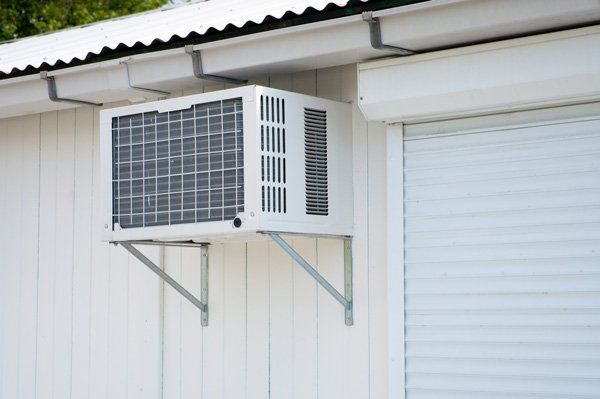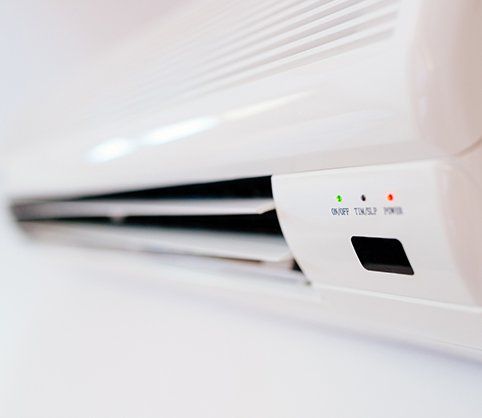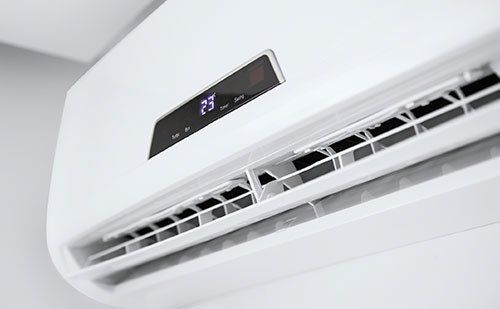
The air quality inside your home can make a difference in your overall health. Poor air quality can result in health issues such as asthma or allergies and can negatively affect those sensitive to pollution, such as young children or the elderly.
Improving your air quality is important to prevent health issues, as you spend quite a bit of time at home (usually more so than anywhere else). See below for tips on how you can improve the air quality inside your home.
Change Your Air Filters
Changing the air filter in your HVAC system will help capture pollutants and prevent them from spreading around your home. If you notice your home is dustier than normal, it may be time to change the furnace filter.
Take a look at the filter and hold it up to the light. If you can see light through it, it should be fine for a little while longer. If it's filthy and you cannot see light, it should be changed. You should change air filters every other month or every month if you have young children, an elderly person or someone in your home that has breathing problems.
Vacuum and Dust Often
Wipe down hard surfaces in your home to remove dust and debris. Use a damp microfiber cloth to get up the dust without just spreading it all over. Be sure to also sweep and vacuum often to get rid of dust, hair and dander throughout your home.
Your carpeting and floors can have a lot of pollutants that can be brought in on your shoes or on pet paws. Try your best not to wear shoes throughout your home, as it just spreads germs and other pollutants around. Ask family members and guests to leave their shoes at the door and leave a mat by the door to wipe feet and to keep shoes by the door.
Ventilate Your Home
Your home should be properly ventilated when cooking, painting, sanding or using any type of chemical cleaners inside your home. Open up windows to get a cross breeze inside your home and run ventilation fans to pull the pollutants outside. Be sure your vents are all properly vented to the exterior of your home.
Keep Moisture Out
If your home is too moist or humid it can be a perfect place for mold and mildew to grow. Be sure your HVAC system is running properly in order to keep humidity down to normal levels.
Also, be sure to empty drip pans from your refrigerator, clean the condensate pipe to remove clogs so water will run out freely, run the exhaust fan when bathing or cooking and try not to over-water the plants in your home. All of this excess water mixed with high humidity can cause mold or mildew to grow and can hinder your air quality.
No Smoking Indoors
Smoking inside can cause poor air quality, not to mention the harmful effects that second-hand smoke can have on others inside your home. If you must smoke, go outside and stand at least 10 feet away from your home to prevent the air from getting inside your home.
Have Duct Work Cleaned
Your ductwork can accumulate with dust, pet dander, hair, pollutants and other debris—and that's just from you and your family. If you live in an older home, you probably have other debris from the previous owner or owners if the ductwork has never been cleaned. Have your ductwork cleaned out properly by a professional HVAC company.
The air quality
inside your home can affect your overall health. Keep it as clean as possible for you and your family. After all, your home is where you spend quite a bit of your time. Contact Robert L. Shealy Heating & Air Conditioning
to have your ductwork cleaned and for other helpful tips on how to improve your air quality.
